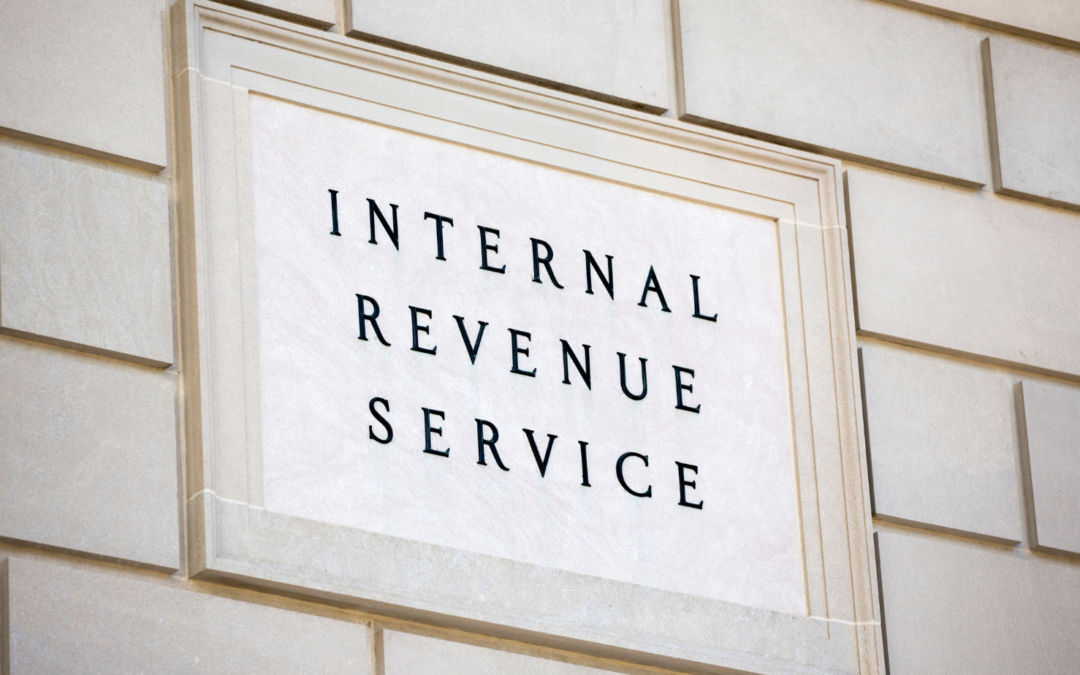IRS Reopens ERC Voluntary Disclosure Program, Begins Issuing Recapture Letters
On August 15, 2024, the Internal Revenue Service (IRS) announced its plans to mail up to 30,000 letters to taxpayers to reverse or recapture improperly paid Employee Retention Credit (ERC) claims (ERC Recapture Letters). If the IRS determines a taxpayer received excessive or erroneous ERC funds, the IRS will issue an ERC Recapture Letter and reclaim ERC money through normal tax assessment and collection procedures.
In light of the IRS’s intensifying compliance work, the IRS strongly recommends that taxpayers recheck their eligibility, regardless of whether their ERC claim has already been paid, and encourages participation in the following ERC initiatives:
Special Withdrawal Process
Taxpayers can withdraw a pending ERC application (one that has not yet been processed or paid by the IRS) through the Special Withdrawal Process. The IRS will treat a taxpayer’s withdrawn claim as though it was never filed, and no interest or penalties will apply.
Voluntary Disclosure Program (VDP)
On August 15, 2024, the IRS announced the limited reopening of the Voluntary Disclosure Program (VDP) to give taxpayers an opportunity to fix incorrect ERC claims that have already been paid. To participate in the VDP, a taxpayer must have received the ERC credit or refund prior to August 15, 2024 and must apply no later than 11:59pm local time on November 22, 2024.
Currently, the VDP is limited to claims filed for 2021 tax periods; taxpayers cannot use the VDP to repay ERC money from tax periods in 2020. The IRS notes that those who receive ERC Recapture Letters will be ineligible to participate in the VDP for the calendar quarter(s) the ERC Recapture Letter covers, incentivizing early participation in the VDP.
To apply for the VDP, the taxpayer must file Form 15434 Application for Employee Retention Credit Voluntary Disclosure Program. If a taxpayer outsources its payroll obligations to a third party who reports, collects, and pays employment taxes on the taxpayer’s behalf, the third party (not the taxpayer) must file the Form 15434.
Taxpayers accepted into the VDP will only be expected to repay 85% of the credit they received, and the IRS will not impose interest or penalties on any credits timely repaid. Further, if the IRS paid interest on the taxpayer’s ERC refund claim, a participant will not need to repay that interest.
If a taxpayer is not able to pay the required amount (85% of the ERC credit received) at the time of the signing of the closing agreement, the taxpayer may be considered for an installment agreement, on a case-by-case basis, to pay back the credit over time. Under the standard installment agreement, however, the taxpayer will be subject to interest and penalties. For this reason, the IRS encourages taxpayers who are unable to pay the required amount upon closing to consider obtaining a loan from a financial institution to avoid the costs of an installment agreement with the IRS.
The VDP includes terms and requirements substantially similar to the original VDP in effect earlier this year. For more specific information regarding who can apply, how to apply, and other terms of the VDP currently in effect, please visit the following links:
- IRS Press Release 2024-212
- IRS Press Release 2024-213
- IRS Announcement 2024-30
- Frequently Asked Questions about the Voluntary Disclosure Program
What Dvorak Law Group Can Do for You
Determining your eligibility for ERC and navigating these current IRS initiatives is a technical and complex process. Whether you have filed for the ERC and have received correspondence back from the IRS (i.e., a disallowance letter or ERC Recapture Letter) or you have filed an ERC claim and are now considering participating in the Special Withdrawal Process or Voluntary Disclosure Program, the attorneys at Dvorak Law Group are available to review your facts and circumstances and applicable governmental orders to assist in your decision-making process.

Seth Moen
Office: 402.933.3079



Recent Comments